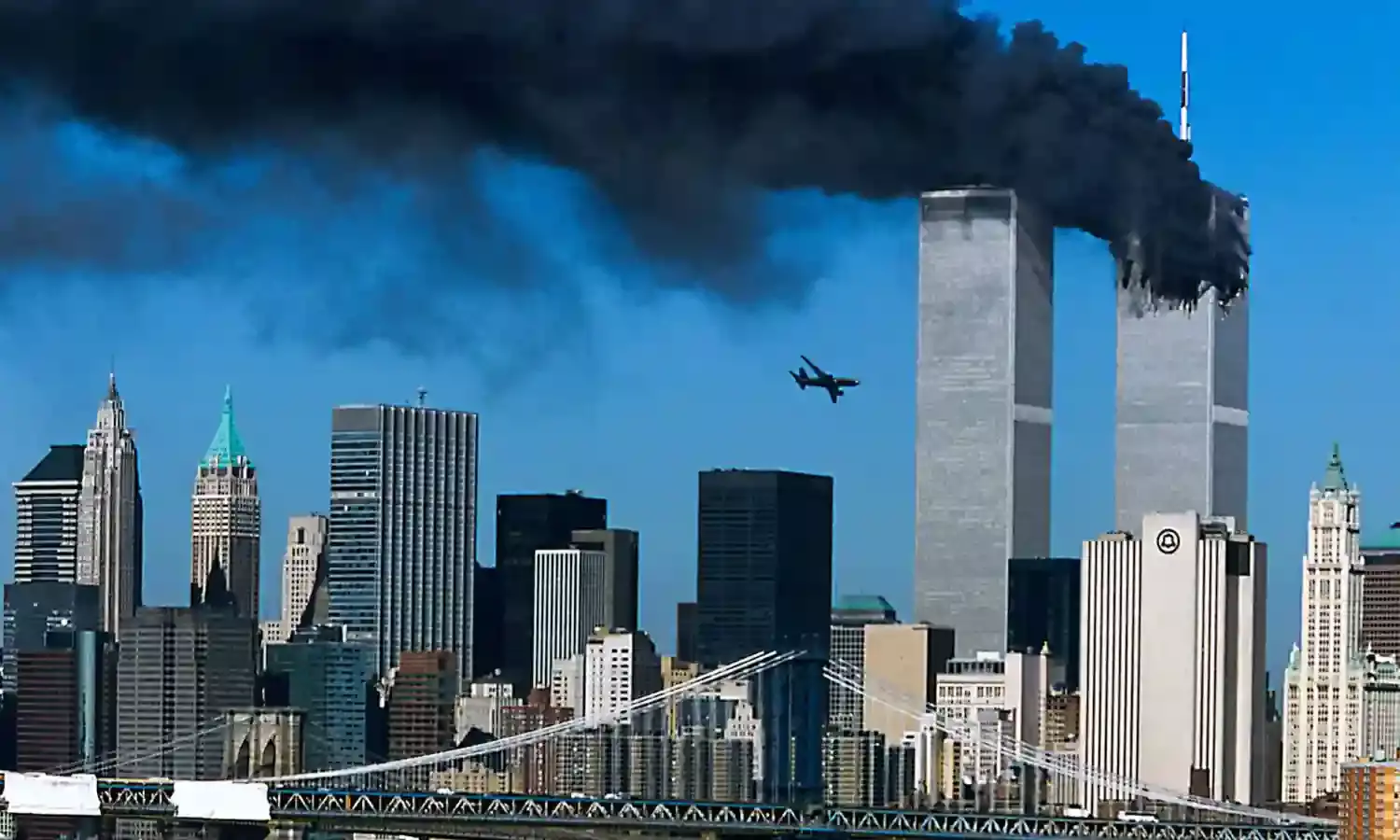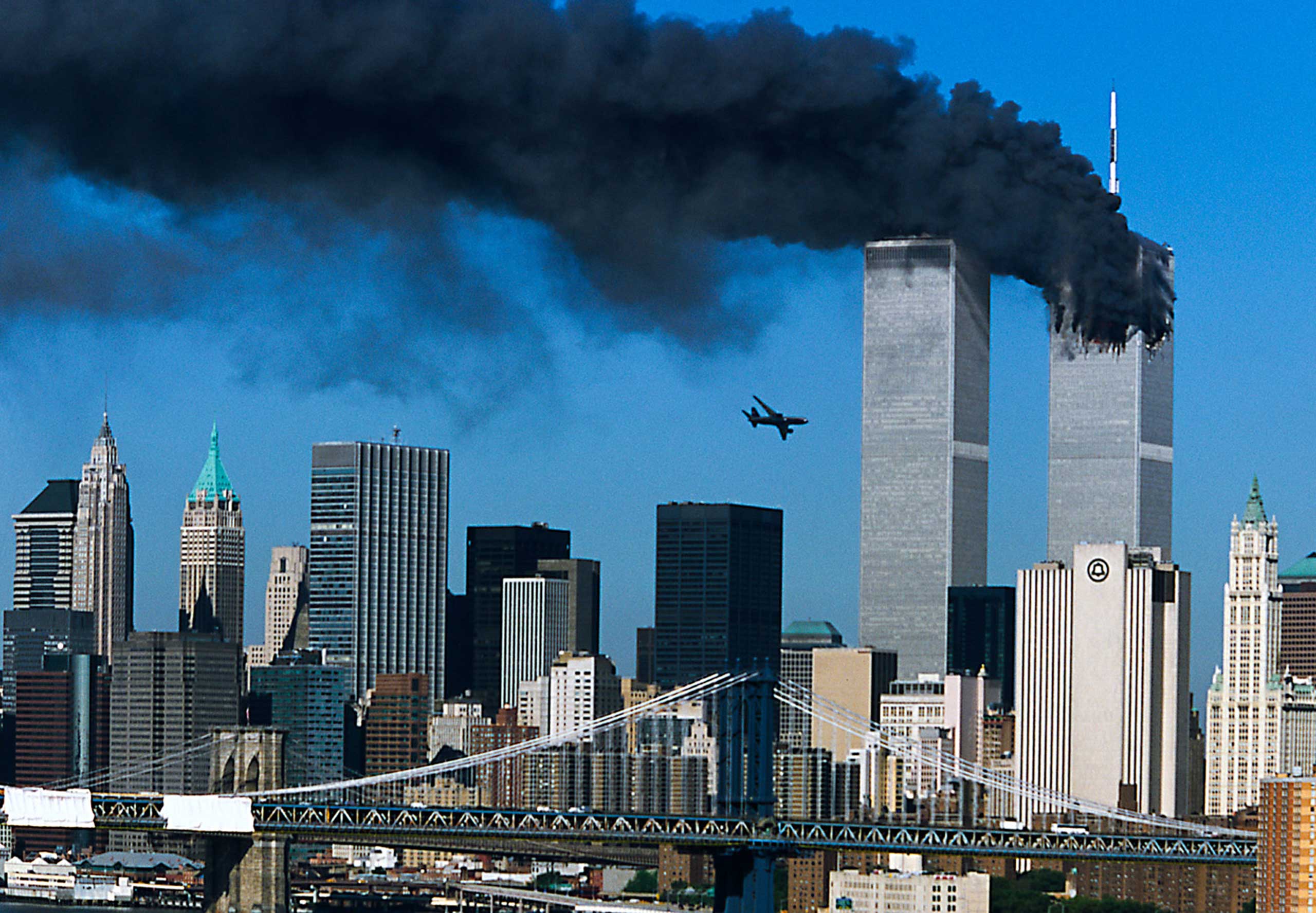History Has Come Full Circle. The Consequences of 9/11 Remain
Recollections of 9/11 twenty years on

Watching the commemorative events for 9/11 in the United States on CNN, I remember with horror my own experience of 9/11.
I was in the United States for two weeks in September to give a few lectures. The penultimate lecture was in Duke University. The next day, on September 11, I was on my way from Duke to Stanford University for the last lecture scheduled for 14 September before heading back home on the 15th.
I was at the boarding gate to get on a United Airlines flight from Raleigh to San Francisco just when the first plane hit the twin towers in New York City. All hell broke loose. As passengers waited to get out of the airport, the full horror became evident that very moment on television screens carrying live reports. Fear and apprehension was writ large on the faces of everyone as we watched planes hijacked by terrorists crash into the World Trade Center and the Pentagon in Washington DC.
Mobile phones weren’t so common then. We didn’t have smartphones which came out much later. I was desperate to make contact with my host who was also trying to reach me. Fortunately he showed up at the airport soon enough to rescue me. Suspended air travel left me stranded however. I ended up staying for a week with some historian friends in the Duke University campus before catching a flight to San Francisco on my way back to Delhi.
Over the course of the week we were glued to television as we couldn’t stop watching news coverage of the devastating attacks overwhelmed by shock, fear and sadness. The attacks created a strong sense of unity in the campus community which was quite striking as thousands gathered everyday in public spaces to commemorate those who had died.
The shared grief and solidarity of faculty and students in the university helped everyone to deal with the traumatic and unforgettable events of that day which changed the world. That image of unity on campus and how a badly shaken nation came together, albeit briefly, in some ways masked the discord American response created in the rest of the world and we are still grappling with it today.
It was a sobering experience especially after what has unfolded in the Middle East and South Asia since then. The terrorist attacks altered the course of American society, politics, and foreign policy. That moment also changed life and politics irrevocably for many other countries.
The indiscriminate bombing of Afghanistan and Iraq and imposing sanctions and embargoes that caused endless violence and strife has had profound consequences for the entire Middle East. Twenty years on its clear that the Middle East has fared much worse than the United States which is more secure as it degraded the capabilities of Al-Qaeda, while this region has continued to suffer huge insecurity and uncertainty.
The horrendous attacks and its fallout have destroyed several countries in the process. Saddam Hussein was not associated with Al-Qaida and he had no stockpile of weapons of mass destruction, yet, Iraq was invaded presumably to satisfy the urge for tough action and the sense that the military operation in Afghanistan was not a sufficient retaliation for the blow inflicted on the United States.
Contemporary Iraq is still struggling as a nation as are many other countries in the region in the long aftermath of these atrocities on September 11 and the American response.
Most of the hijackers were from Saudi Arabia but it escaped any revengeful action, despite complicity of Saudi officials recently revealed though not conclusively, by FBI declassified documents.
Both invasions destabilized the Middle East while strengthening autocratic regimes and their abuse of power but it has also provoked discontent with the lack of free expression and democracy in these societies.
A counterterrorism strategy that relies principally on military force and neglects the economic and political grievances and deep dissatisfaction and restlessness with imperial policies and American dominance in the region that underpin extremist movements, fails to see this, and the conservative and revanchist ideologies it has spawned.
For Muslims, the “war on terror” soon turned into a “war against Islam” and the resultant Islamophobia has given a boost to polarization that has disfigured democracy in many countries, including in the United States and India, even as it has given an impetus to jihadists and Islamist militancy around the world.
As the recent events in Afghanistan show, the consequences of 9/11 remain. Taliban is back in power as it retakes Afghanistan. History has come full circle. What a denouement.
Zoya Hasan is Professor Emerita, Jawaharlal Nehru University




